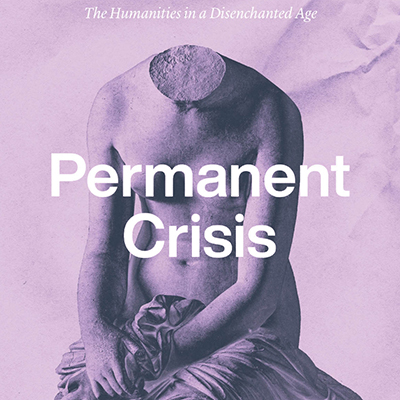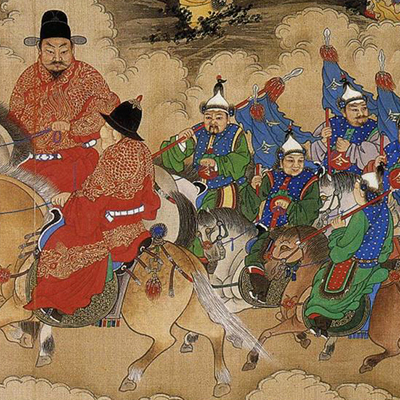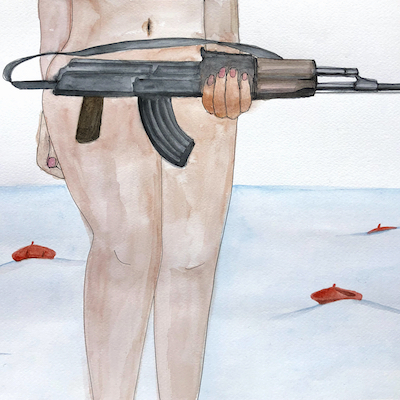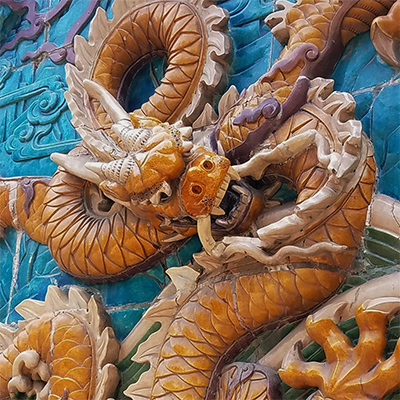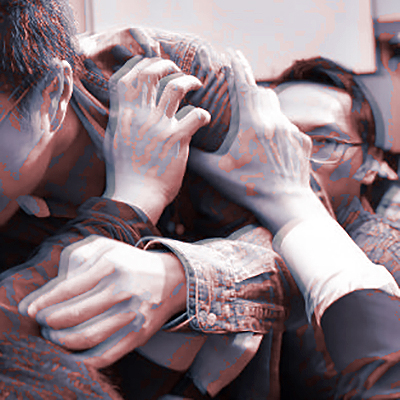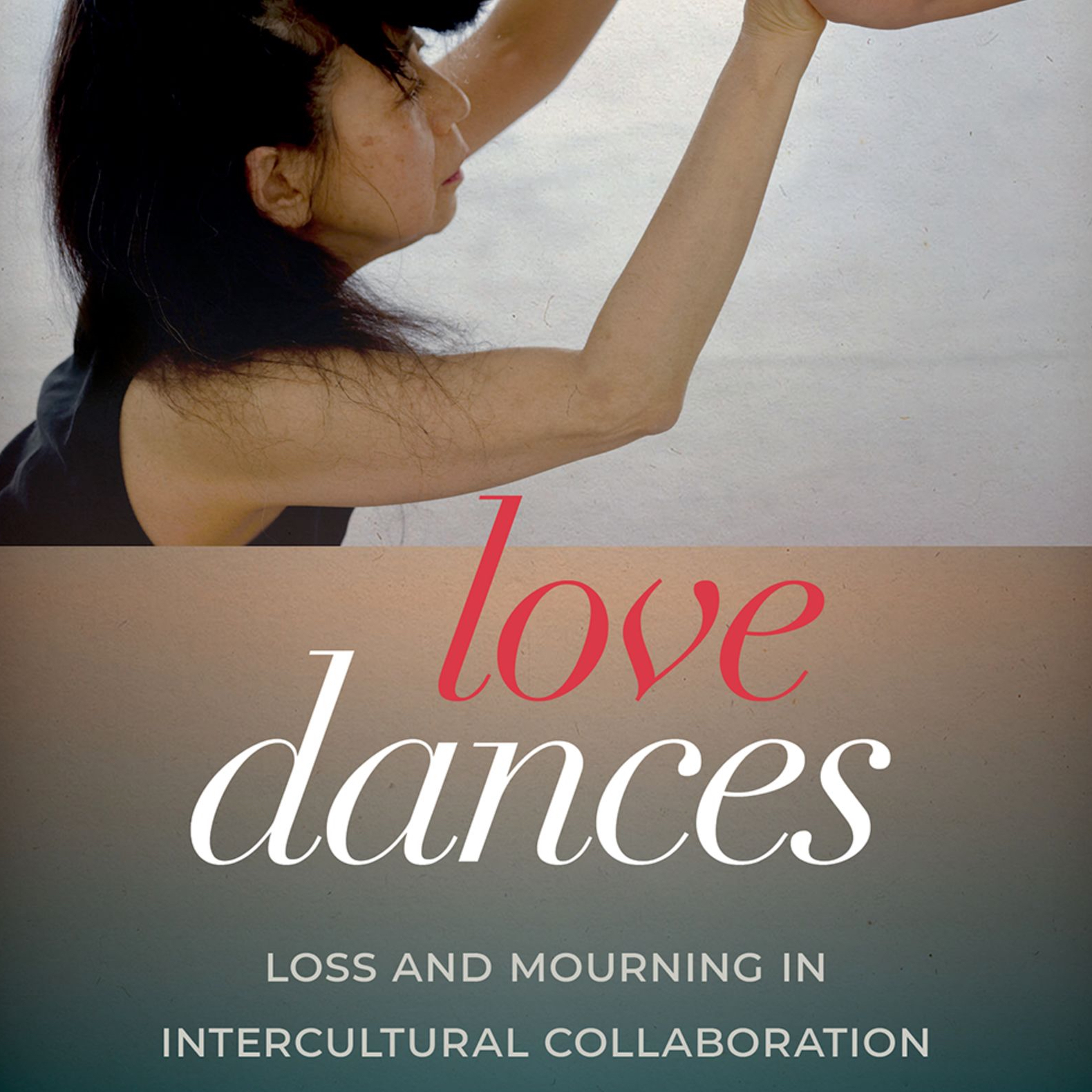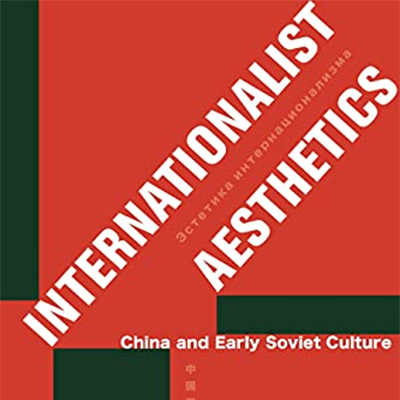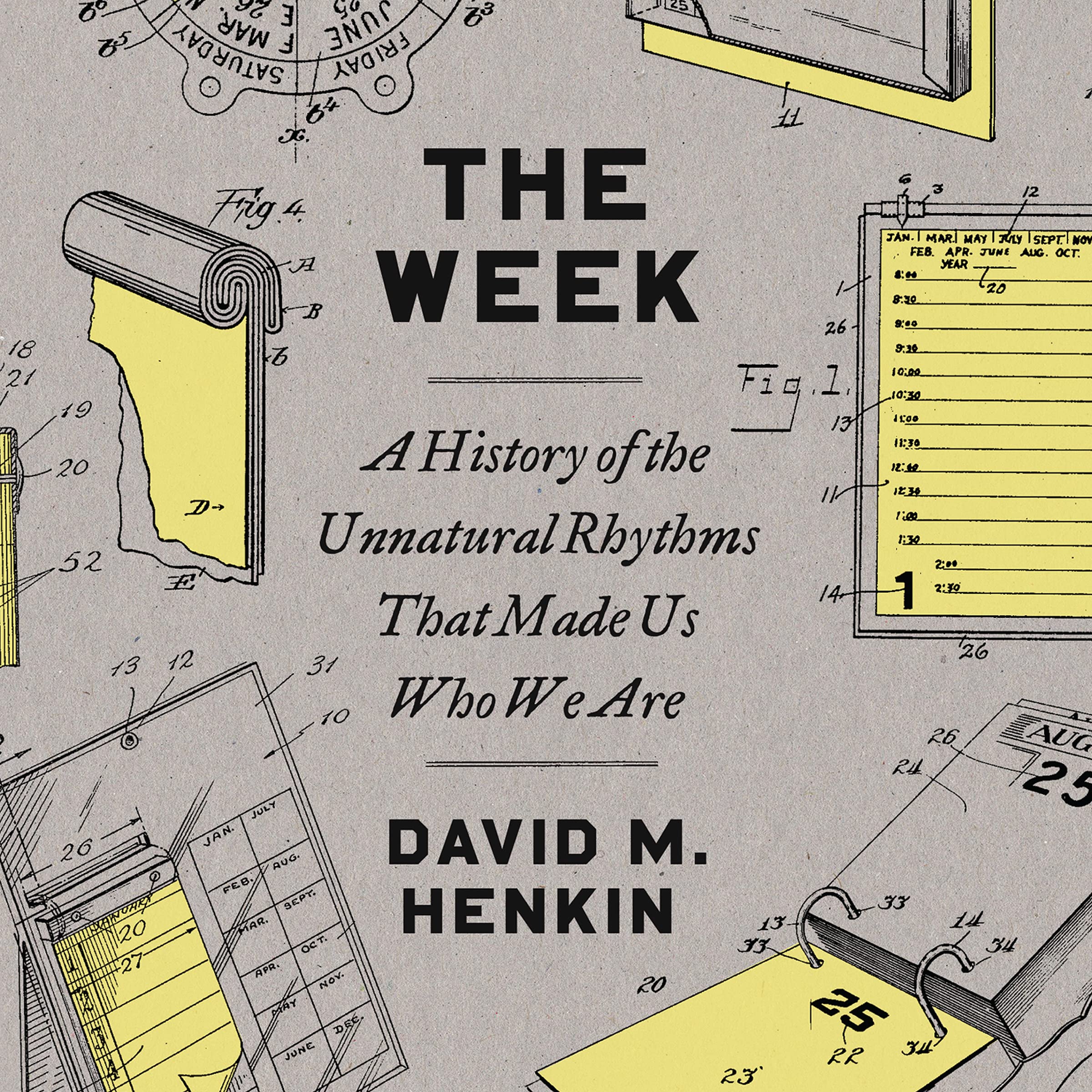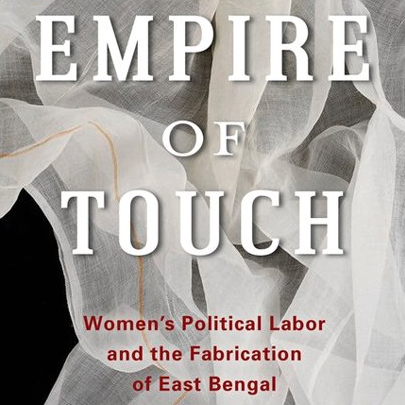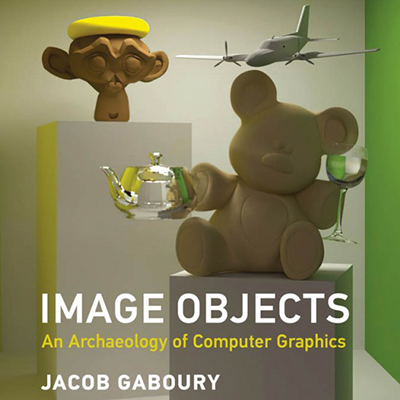Permanent Crisis: The Humanities in a Disenchanted Age
The humanities, underfunded and popularly devalued, seem to be in a perpetual state of crisis. Paul Reitter and Chad Wellmon show how the modern humanistic disciplines made crisis a core part of their project.
The Invention of Humanity, East and West
Li Wai-yee and Siep Stuurman explore the Eastern and Western roots of the notion that all the world’s inhabitants — regardless of ethnic origin, native place, or status — constitute a single human community.
Scholars and intellectuals share their perspectives on the trajectory of Ukrainian culture over the longer arc of history and in the contemporary post-Soviet era.
The Promise and Perils of Media
How do new and emerging forms of media shape perceptions of China’s complex contemporary reality? Panelists explore how various media platforms affect public opinion about China, both within and outside the Sinosphere.
On Chinese Democracy
Asking how essential democratic values can be adapted and deployed within a Chinese context, panelists respond to the groundbreaking work of Ci Jiwei, author of the 2019 book Democracy in China: The Coming Crisis.
SanSan Kwan explores how dance — based in body-to-body interaction on the stage — serves as a revelatory site, and ultimately carries the potential to model everyday encounters across difference in the world.
Edward Tyerman explores the role of China in the 1920s as the key site for Soviet debates over how the political project of socialist internationalism should be expressed through literature, film, and theater.
The Week: A History of the Unnatural Rhythms That Made Us Who We Are
Approaching the seven-day week as an artificial construction of modern society, David Henkin explores its role as a dominant organizational principle that shapes our understanding and experience of time.
An Empire of Touch: Women's Political Labor and the Fabrication of East Bengal
Poulomi Saha offers an innovative account of women’s political labor in East Bengal over more than a century, one that suggests new ways of thinking about textiles and the gendered labors of their making.
Jacob Gaboury argues for the fundamental role of computer graphics as the force that transformed the computer from a calculating machine into an interactive medium.
